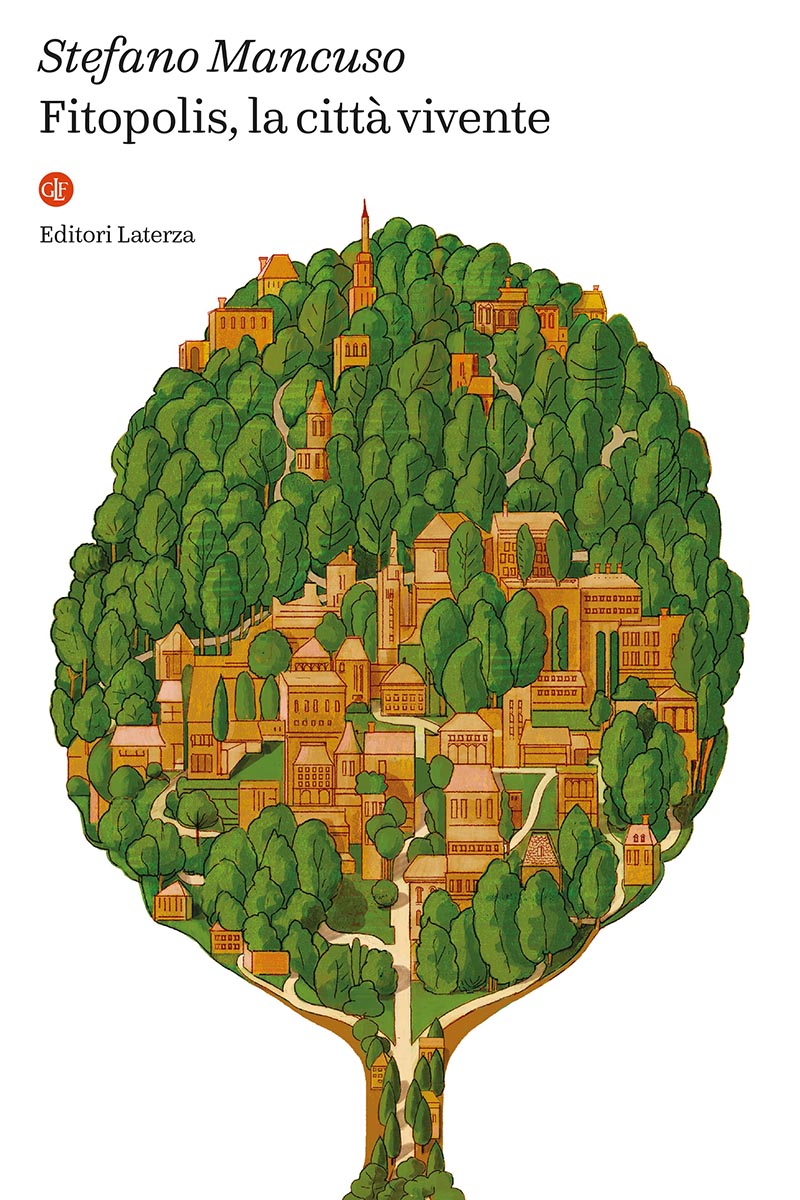
Pages: 168
Series: IR/L
ISBN: 9788858152607
Phytopolis, the living city
RIGHTS SOLD TO:
Albin Michel (French); Cossee (Dutch); Ubu (Portuguese in Brazil); Galaxia Gutenberg (world Spanish); Duku (Chinese Simpl.); Gimm-Young (Korean); Other Press (US English); Bertrand (Portuguese in Portugal); Alfa (Turkish); Libra (Polish)
Let us cover them with trees, let us tear down the fences with which we have separated them from nature: let us rethink our urban life. The great scientist Stefano Mancuso explains why we can no longer postpone a radical change of our cities.
The conquest of new lands has been the greatest occupation of our species: for hundreds of thousands of years, humans have searched for new territories to inhabit, finding in the city the best place to live in the last hundred years. Looking at the parabola of our geographical expansion, it sounds like that humans have gone from being a generalist species, capable of colonising any environment, to very quickly becoming a specialised species, capable of thriving only within a particular habitat. The city seems to have become the only place where we can expect to thrive and reproduce, because it is the only place where our specialisation gives us the best chance of survival - and quality of life. However, ‘species specialisation’ is only effective in a stable environment: in changing environmental conditions, it becomes dangerous. And if the resources the city needs to thrive are not unlimited, global warming can permanently change the environment of our cities: an event that would be fatal. But it is the city itself, as it is today, that is the main driver of aggression against the environment! It’s a kind of paradox we have to face: we must rethink our cities and make them a lasting ecological niche. One idea: how would our cities be transformed if their framework was modeled on plants?
Reviews
-
Le mattine - I miracolati: l\'intervento di Stefano Mancuso a partire dal minuto 12





